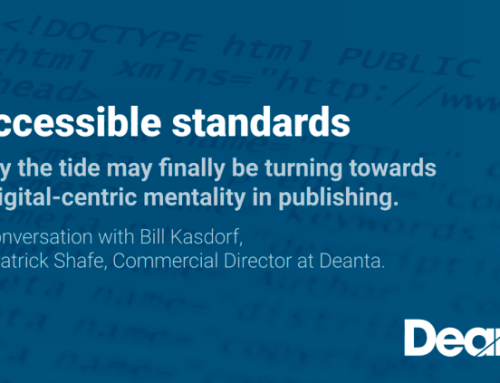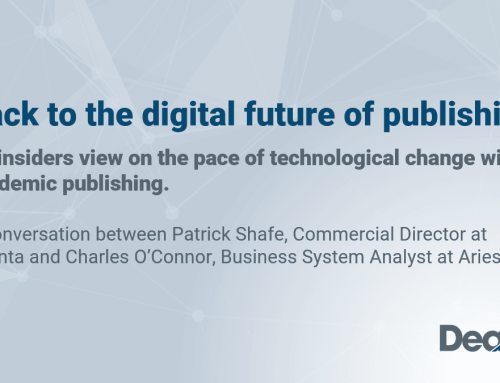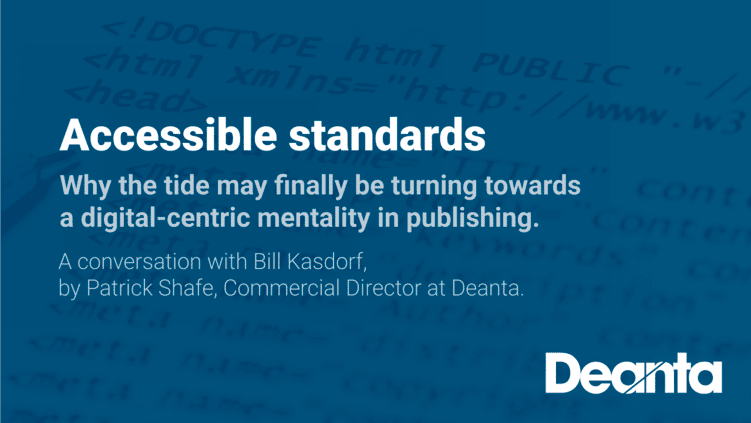While the Internet has connected the world like never before, it has also led people to believe that everything online should be free. This causes problems for the publishing industry, known for not being a particularly high-margin business.
In this blog, we’ll discuss:
- False assumptions about eBook production costs and challenging the free mentality of the internet
- Emphasizing the pre-publication process
Justifying book production costs to an increasingly cynical – and technologically savvy readership – has become a challenge for the industry in the absence of a physical product. While there are examples of electronic books selling for more than their hardback counterpart, consumer expectation dictates that digital products be priced lower. However, the production costs of books – regardless of format – are much the same. eBooks are also subjected to higher tax because they are classed as electronic goods.
Taxing issue
In the EU, print books enjoy a lower value-added tax (VAT) than standard goods, but eBooks have not benefited from the same – until recently. An EU directive aimed at levelling the playing field for eBooks recommends books in digital format avoid this tax markup. (It’s too early to say if it will be widely adopted by member states.)
Free mentality
But why do internet readers assume the eBook they’re swiping through on their Kindle was easier and cheaper to produce than the paperback alternative? It probably has something to do with physicality: after all, it seems like a few hundred kilobytes of text should cost less than an inch-thick stack of paper.
However, printing costs are only one of many cost burdens on publishers, and electronic publishing has its own unique set of production costs.
It’s about the editorial component of a publisher and all their surrounding structures. That determines the cost base…and their brand as well.
Darren Ryan, CEO, Deanta
Emphasising the process
So much of what goes into making a book fit for publication, whether in print or electronically, is in the process – a culmination of hundreds of hours’ work by a team of people. Selecting a text and editorial development always require a trained human eye at some level. Add to this a slick production process and layers of quality checking and professional design, and it’s easy to see how costs quickly mount up.
Publishers need to contend with the expectation that information can be made globally available in an unlimited number of perfect copies, at zero marginal cost. But changes to eBooks aren’t a matter of simple text changes. If you make a correction to an already published book, you then need to get the book reconverted into the various eBook formats, checked, then redistributed to all aggregators to make sure they have the most up-to-date version. All of this is work for the publisher and part of the digital print publishing world.
However, nowadays, with the wide variety of eBooks and digital content, publishers need to learn how to capitalise on why their process adds value, rather than push paper products.
If you’re interested in an easy, quick fix, to almost guarantee better book sales, read Metadata maths (better data = better book sales)
eBooks aren’t cheap – and they shouldn’t be
While eBooks generally sell at a lower price point, the market has been changing rapidly and is still in a state of flux. Some genres are still performing more strongly in print than their electronic versions (for reasons couched in consumer taste and personal preference).
The titans of Silicon Valley won’t allow their children to look at screens…it’s become a status symbol to not have a smartphone because it shows that you can extract yourself from the digital world.
Lara Silva McDonnell, Senior Project Manager, Deanta
eBooks are one product that publishers must offer consumers in order to capitalise on different markets and demographics, but they will need a well-thought-out price policy so they don’t undermine the value of their eBook portfolio.
Publishers need to give serious thought as to how they will add value and convince consumers to part with their hard-earned cash. Never before has the process of publishing needed such defence and clarification.












